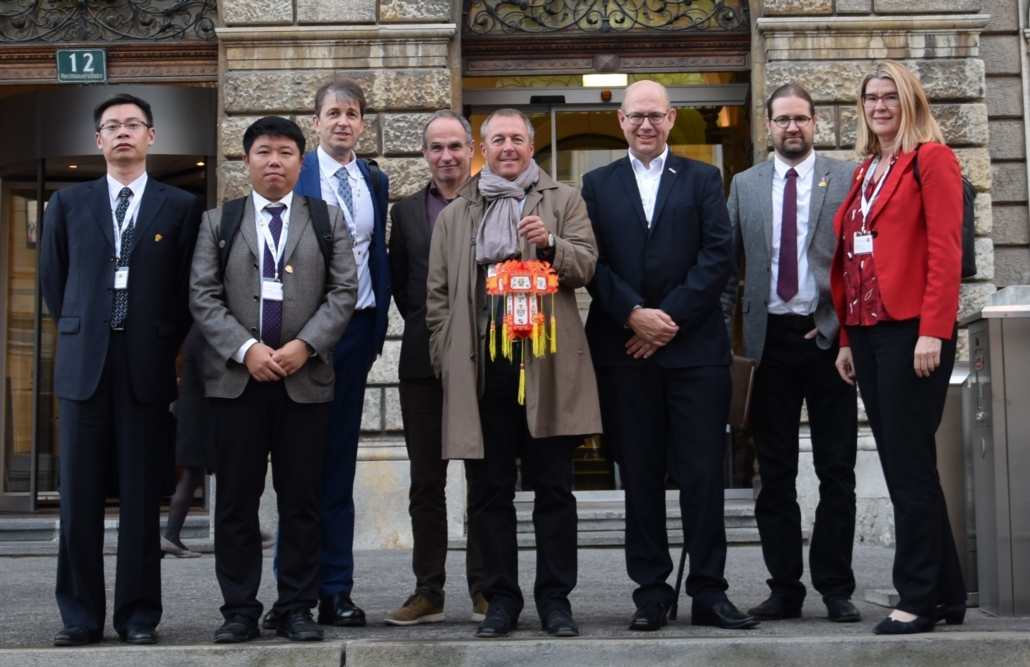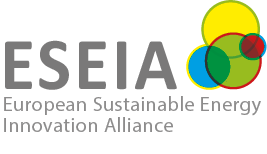4th China Forum
From 23 to 24 of October the Confucius Institute, University of Graz and TU Graz held the fourth China Forum to celebrate the success of the EU-China cooperation. Aiming to make a reflection on the ways in which both countries can work together to enhance innovation and development, the European Sustainable Energy Innovation Alliance –eseia- presented its vision and main projects during a workshop on Sustainability.
The 4th China Forum under the title Europe-China: Cooperation and Innovation brought together experts from both world regions to discuss digitalization, sustainability and quality of life. The afternoon workshop on Sustainability was chaired by FH Joanneum Professor and Senior Researcher Dr Martijn Kiers. The topics covered current and future challenges of smart cities innovation concentrating on sustainable mobility, efficient buildings and urban policy.
Attended by students, professionals and experts from China and Europe participants were encouraged to reflect on the impact climate change has on citizens’ life and the importance to undertake serious action from every angle. As eseia Director Brigitte Hasewend claimed during the introduction of the workshop ‘we all need to contribute as individuals with the right and responsibility to participate and as institutions with the tools to make the change come true’.
To encourage innovation from a bottom-up process, the eseia Director presented the two European master programmes offered to students from all over the world on Biorefinery Engineering (TU graz) and Bio-resources Value Chain Management (Utwente). Furthermore, the eseia led proposal for an EIT WeMove2Zero KIC Urban Mobility was presented, which aims to radically re-build cities of the future through participative tools such as a European citizens Platform for Urban Mobility.
Workshop on Sustainability
Among the speakers, Xuesong Cai from Shanghai Industrial Technology Institute presented service technology for smart cities. Architect Erwin Kaltenegger presented approaches for more self-efficient buildings in urban areas, and Dr. Ting Zhao from East China University of Political Science and Law introduced the development of NPOs in China considering its governance, on a more general approach.
After the coffee break, the workshop continued with a panel on smart urban mobility. Prof. Mario Hirz from TU Graz gave an introduction to autonomous driving concepts. Dr Karl-Heinz Posch CEO of FGM-AMOR presented future trend in urban electric mobility. Finally, Dr Robert Schmied, CEO of Energie Agentur Graz expanded on the case of the City of Graz presenting an overview of smart mobility infrastructures.

F.l.t.r Speakers Ting Zhao, Xuesong Cai, Robert Schmied, Karl-Heinz Posch, Erwin Kaltenegger, Martijn Kiers, Mario Hirz and Brigitte Hasewend. / Credits: eseia
More information:
If you missed the event and you are interested in the topic, find below the presentations displayed during the parallel workshop on Sustainability
eseia Sustainability and Quality of Life
Zhao Development of NPOs in China

